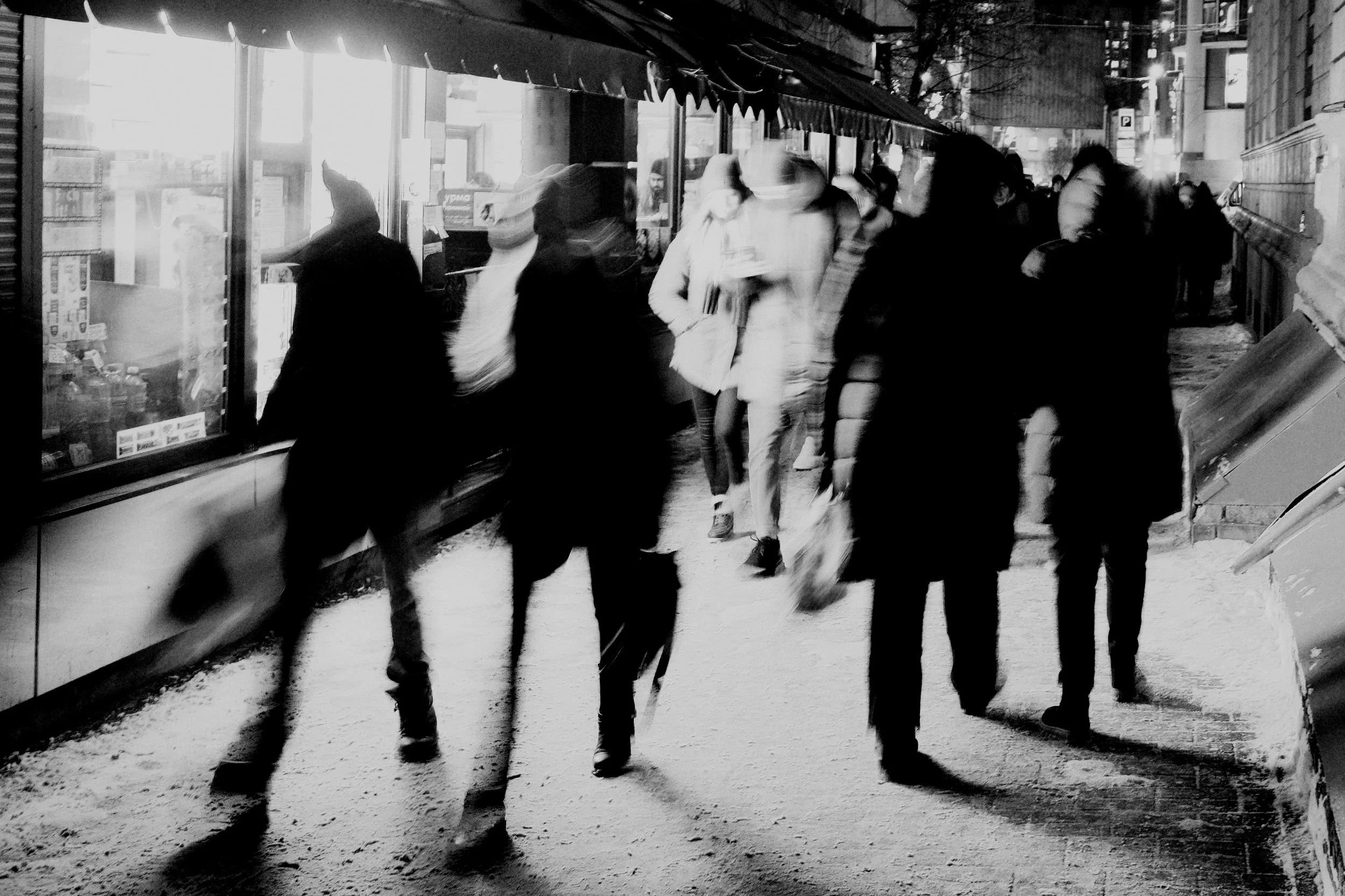Human Trafficking
Garden of Hope's Human Trafficking Intervention Court Program cares for people of all ages who have been exposed to human trafficking or are at risk of being trafficked. We specialize in providing culturally competent services for Chinese-speaking immigrants and our program has helped hundreds of trafficking survivors reclaim their lives.
Ways We Help
FAQs
-
Human trafficking is the crime of exploiting people for the trafficker’s profit or personal gain through violence, coercion, or deception. It often involves recruiting, transporting, and forcing a person to provide labor, and services, or engage in commercial sex acts.
-
Although any individual can become a victim of human trafficking, we know from the data and stories from trafficking survivors that some people may be at higher risk than others.
Worldwide, women and children suffer disproportionately from trafficking. In the United States, immigrant women and children are particularly vulnerable to being trafficked because of economic hardship and a lack of resources and opportunities; they are often recruited and forced into illegal, unregulated jobs that are hidden from public view. Traffickers prey on the vulnerability of immigrants, and victims are often afraid or unable to seek help because of language and cultural barriers.
Other risk factors for trafficking include those who have suffered from domestic violence or sexual abuse, people in unstable housing situations, a history of substance abuse, and people with disabilities.
-
Human trafficking is a hidden crime that happens every day in the shadows of our community.
There are many misconceptions about human trafficking: it only happens to young girls, is only common in developing countries, or victims are always confined. The truth is human trafficking was reported in every state in the U.S. in 2020, and the victims included men, women, and children. You may encounter a victim or perpetrator of trafficking on the street, in a store, or at a restaurant, especially if you live in or near a large city.
In 2018 Asians were the second largest ethnic group among human trafficking victims, according to the 2018 Polaris Statistics Human Trafficking Report. Many of the survivors we serve at Garden of Hope were trafficked internationally from China to the U.S. or were recent immigrants who were trafficked domestically.
-
It’s important to remember that victims of human trafficking are also victims of psychological and physical abuse. Traffickers manipulate, threaten, and isolate victims to ingrain a sense of fear, mistrust, and hopelessness. Victims are often focused on surviving and feel like they don’t have any other option.
Another significant challenge is that trafficking victims often do not realize they have been exploited. Immigrant trafficking survivors are often unfamiliar with labor laws and protections, don’t know how to get around on their own, are forced to endure violence and abuse as a “work hazard”, and fear they will be imprisoned or deported. Many sex trafficking survivors also stay silent because they blame themselves for what has happened and fear being exposed and stigmatized by their families and the community.
-
You can help traffic survivors in the Chinese immigrant community regain a life of freedom and dignity by supporting Garden of Hope’s human trafficking program. Chinese-speaking trafficking survivors depend on us for linguistically and culturally responsive support.
If you believe someone may be a victim of human trafficking, call the 24-hour National Human Trafficking Hotline at 1-888-373-7888 or report an emergency to law enforcement by calling 911. All trafficking victims, whether or not they are U.S. citizens, are eligible for services and immigration assistance.
Mei’s Story: For the Very First Time, I Felt Heard
Human Trafficking
Mei was referred to Garden of Hope through one of our partner human trafficking intervention courts. At first, she was very quiet and avoided making eye contact with her counselor when telling us her story.
Mei was abused and abandoned by her family and husband in China. After her divorce, Mei came to the United States through a fraudulent employment “agent” who made travel arrangements with false promises that she could pay off the travel fees after she earned enough money in the US. When Mei arrived, she was taken to a remote hostel and was forced to provide sex services for a week. The trafficker threatened to harm Mei’s family if she tried to escape. It was not until undercover police came and arrested Mei that she was freed from the trafficker’s control.
During her counseling sessions, Mei realized for the very first time that she was protected by law as a new immigrant. Unfamiliar with the language, culture, and labor laws and protections in the United States, Mei had felt powerless and trapped by fear and shame; but, Garden of Hope was here to help.
Mei’s counselor accompanied her to the hospital to complete a rape kit and made sure her medical needs were cared for. With the help of her counselor, Mei reported her case to the police, met with the district attorney, and presented her case to the jury. Garden of Hope referred Mei to an immigration attorney to file for a T-visa and wrote an affidavit to support her petition. Mei also joined a skill training program at Garden of Hope, which introduced her to work opportunities in the community.
With the encouragement and patient guidance of her counselor, Mei found work at a restaurant and began rebuilding her life. “For the very first time, I feel like I can finally talk openly about my situation and know that I am actually being heard,” she told her counselor, “I am glad I met Garden of Hope.”




